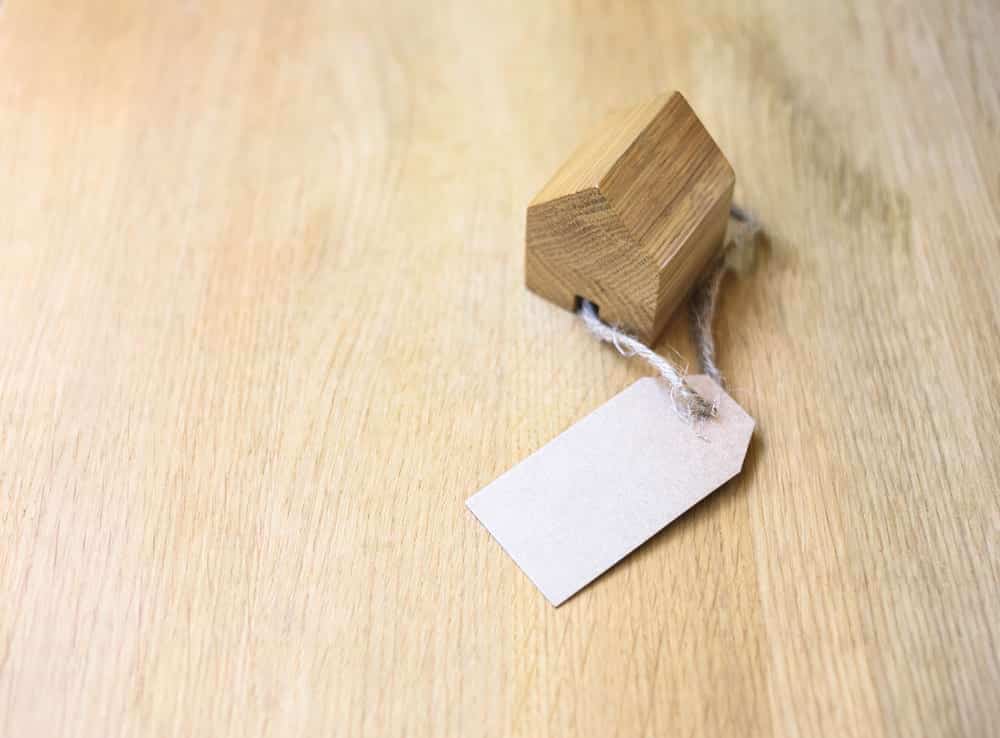Houses are expensive.
So, it can be tempting for buyers to try and find ways to lower the price.
One of these ways is gazundering. But what is it? Is it legal? And what can sellers do to decrease the chances of it happening?
Read on to find out
What is gazundering?
Gazundering is a tactic used in property negotiations when a potential buyer reduces their offer at the last minute.
The buyer hopes that the seller will proceed with the deal.
After all, backing out of the deal at this stage is a lot of trouble. There are house chains, legal fees and moving costs to consider.
A gazunder often makes a high verbal offer to grab the seller’s attention, while planning to reduce the figure in the future.
In other words, they never intended to fulfil their original offer. The last-minute, low offer was their plan all along…
Is gazundering legal?
Gazundering is legal before the exchange of contracts.
At this point, nothing discussed is legally binding and potential buyers can do so as they wish.
However, it is illegal for a potential buyer to decrease their offer in the period after exchanging contracts.
If they manage to do it, you can sue them for damages and keep their deposit.
Legal vs ethical
Whilst not illegal, gazundering is still considered unethical.
Some house buyers might not mind this fact. However, they should note that their behaviour will alert parties involved in the property market.
In other words, estate agents might warn future house sellers to avoid considering house buyers with a reputation for gazundering.
How common is gazundering?
It’s difficult to find a precise number of peolple that gazunder in the UK property market.
However, various claims from different sources and studies seem to agree that:
- It’s becoming increasingly common
- It might take place in over half of property sales!
Either way, many people use gazundering as a buying strategy. This is a major reason to vet your buyers carefully.
How to vet potential buyers
It’s likely impossible to prevent gazundering completely. But you can reduce the chances of it happening.
To do this, ask of more from potential buyers before you accept their offers, including by:
- Attempting to assess their character in person (not an easy task!)
- Find out their property history and why they are moving.
- Asking for financial proof that they have the funds to fulfil their offer
- Clarify early on that you will refuse gazundering offers.
How to further reduce the chances of gazundering
Besides vetting potential buyers, there are other general points to reduce the likelihood of gazundering. Some of these are regular best practices for selling a house.
Make sure that your house is fairly priced. Many buyers are more likely to proceed with the transaction if they think they it is a good price.
Be honest and transparent about faults with your house. Gazundering often occurs because of last-minute issues raised by a survey.
Consider finding a chain-free buyer. They are less likely to back out of your deal. Cash buyers are a common example.
Ask your solicitor about getting your buyer to put their offer in writing. This is not common practice, but it can provide legal protection.
Not all gazundering is done for bad reasons
Sometimes, a potential buyer may have a legitimate reason to reduce their offer at the last minute.
Common examples include:
- A survey revealing faults with the property
- The buyer’s financial situation changing dramatically
- Property chain breaking down
- The buyer receiving a reduced offer on the house they are selling
- The lender is refusing to offer the full mortgage amount
- A mortgage offer expiring.
Choosing a chain-free buyer helps to avoid many of these scenarios. The same applies to cash buyers.
For this reason, you might see estate agents marketing for this type of buyer.
Some solicitors argue that you should get buyers to put their offer in writing.
If the contract is drafted correctly, this can constitute a binding offer.
However, it is an unconventional practice, and you should get independent advice before pursuing it.
Cash buying companies and auction houses can also guarantee the sale of your property, especially if you need to complete quickly.
Is gazundering the same as gazumping?
No, gazundering and gazumping are two different things.
Gazundering is when a potential buyer reduces their offer at the last minute.
Gazumping is when a seller accepts a verbal offer on the house but accepts a higher figure from someone else.
Gazumping can also refer to a seller raising their asking price at the last minute. This leaves the buyer with a stark choice: let the deal fall through or pay more.
Both practices are immoral, but not illegal.
Should I back out when someone gazunders?
Your circumstances and understanding of a potential buyer’s motivations will make a big difference to your response.
Ask the person why they have reduced their offer. If they have a viable reason, ask for proof of it.
If the original offer was much higher than you expected, their revised offer might be worth considering.
Get your estate agent’s opinion on whether you can do better. There is no point rejecting the gazundered offer if no one else is willing to match it.
Some homeowners pre-emptively line up several potential buyers for this reason. This is especially important if your solicitor charges a hefty drop-out fee.
You should avoid accepting the gazundered offer out of fear. This is a bad premise for any transaction that you might regret later.
Be patient, speak to experts, and get the advice of your friends and family. Consider the opinion of anyone directly affected by the deal, too.
Sell your house quickly with We Buy Any Home
If you’re looking to sell your home quickly, We Buy Any Home can help.
We are cash house buyers that use our own funds to buy your property at a set price and by a date of your choosing.
We then manage the whole process from start to completion.
Call or fill in our enquiry form below if you want a cash offer for your house today.




















